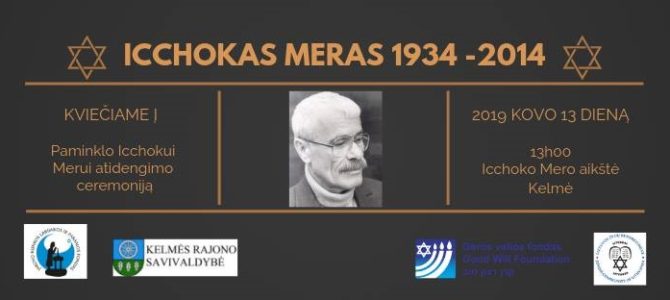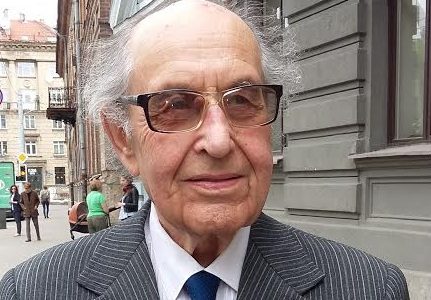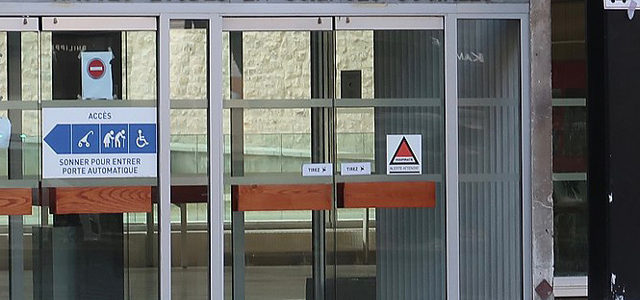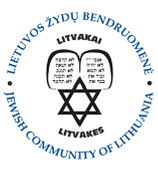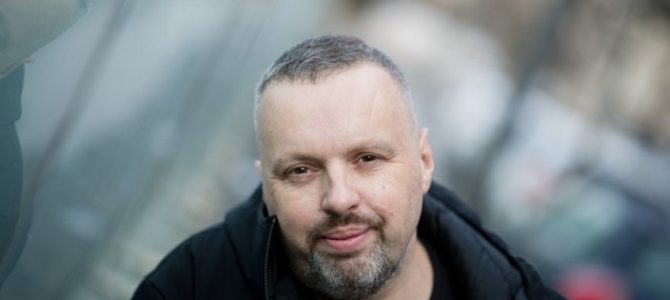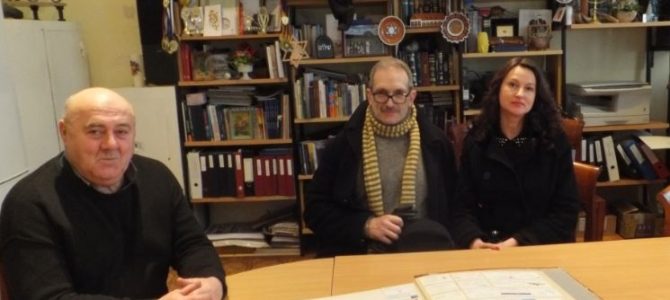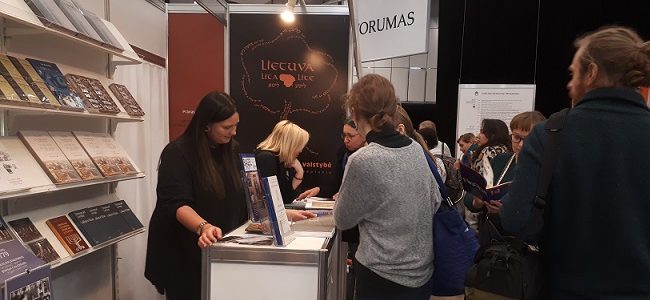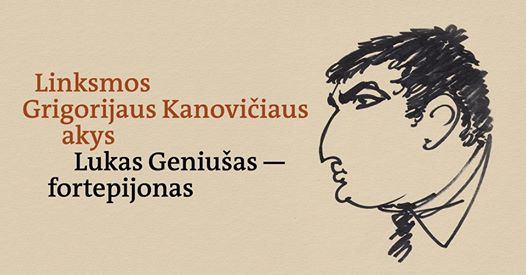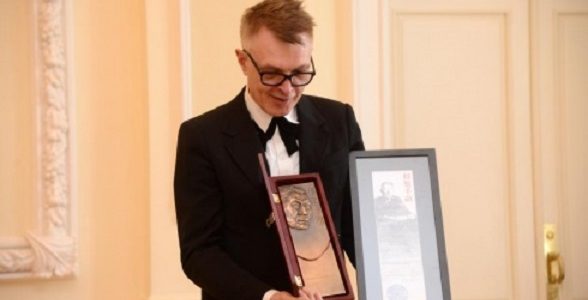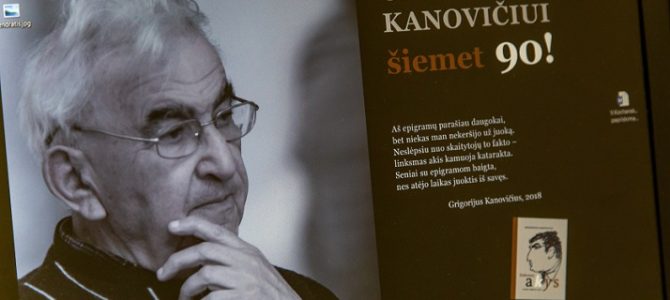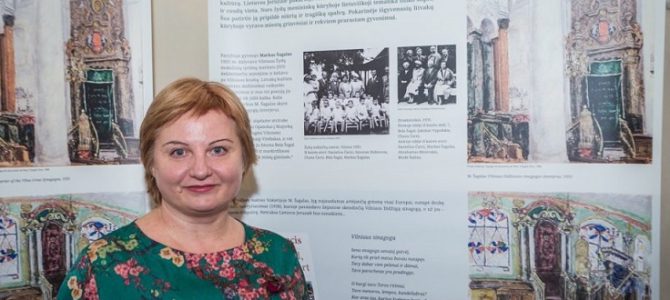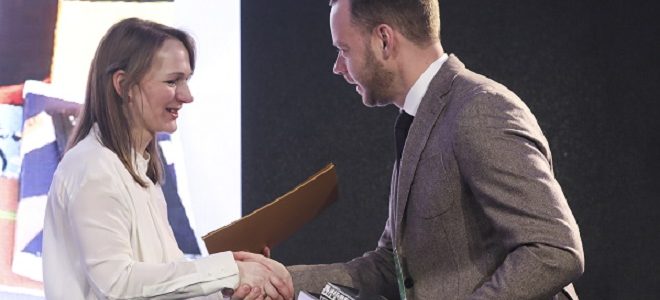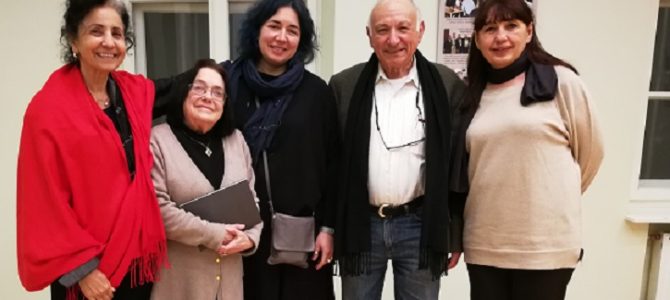lzinios.lt, BNS
Lithuanian Jewish Community chairwoman Faina Kukliansky told BNS Tobijas Jafetas was “a highly respected, active and refined person of the community” who had met her father when World War II began. “As I recall his father had a business in England and came to Kaunas just before the war started. It so happened that Jafetas and my father were at a [children’s summer] camp in Palanga when the war broke out. Neither was able to flee and they were taken to an orphanage in Kaunas,” Kukliansky said.
Israeli ambassador to Lithuania Amir Maimon expressed condolences over Jafetas’s loss on facebook.
Jafetas and his mother were imprisoned in the Slobodka ghetto in Kaunas in World War II. He told the story of how he escaped the ghetto in 1944 after hiding in an attic. The Katinskai family in Vilnius rescued him.
LJC chairwoman Kukliansky said Jafetas spoke German and English and maintained close contacts with survivors of ghettos in Europe.


